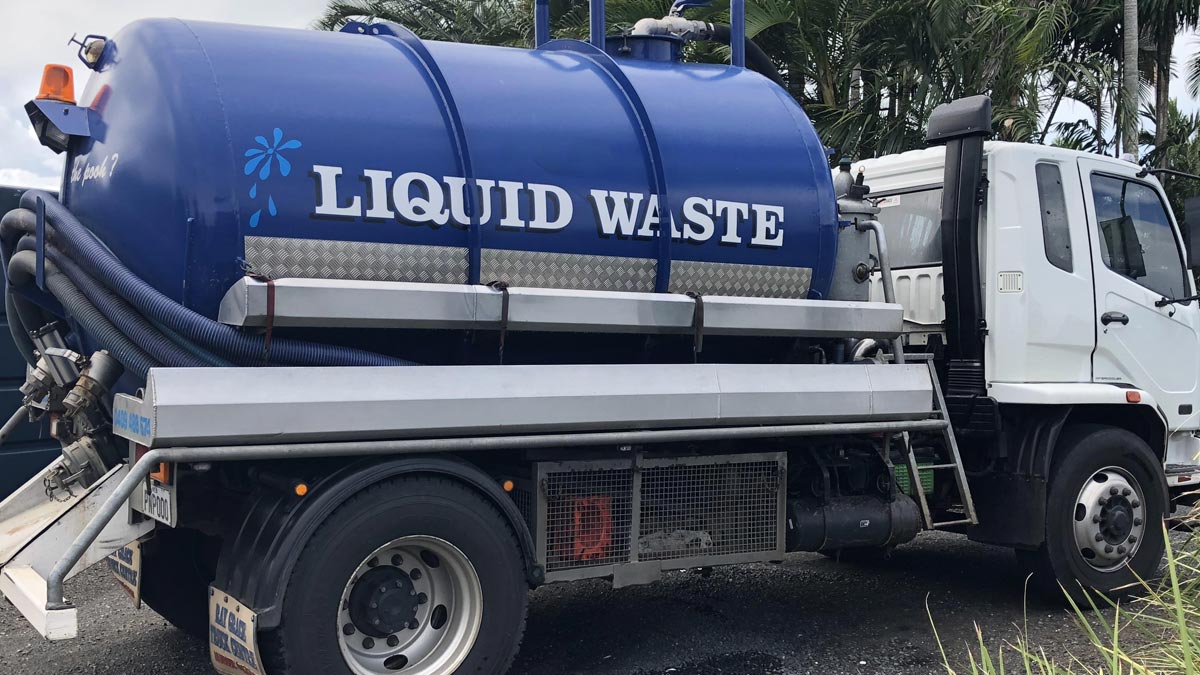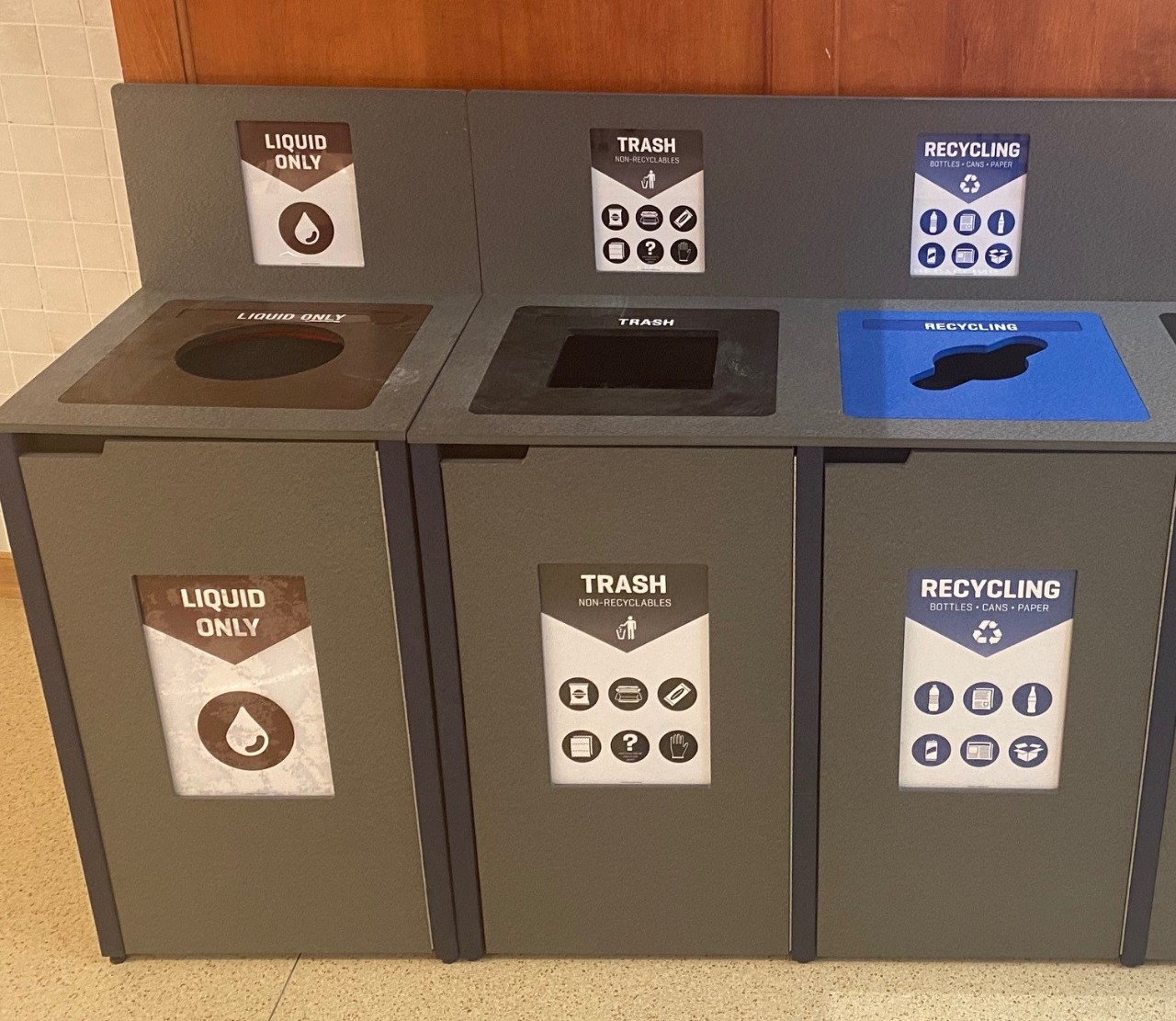Industrial Wastewater Treatment: Advanced Techniques for Effective Management
Industrial Wastewater Treatment: Advanced Techniques for Effective Management
Blog Article
Understanding the Comprehensive Process of Fluid Waste Disposal: Finest Practices and Environmental Effect Considerations
The administration of liquid waste disposal is a complex issue that calls for an extensive understanding of numerous finest techniques and their associated ecological influences. From the types of fluid waste produced to the methods utilized for collection, treatment, and final disposal, each action plays a critical duty in guarding communities and public health and wellness.
Types of Liquid Waste
Comprehending the various sorts of fluid waste is important for reliable administration and disposal techniques. Liquid waste can be extensively classified right into several kinds, each requiring unique handling and treatment methods.
Industrial fluid waste commonly includes dangerous products, including heavy steels, solvents, and chemicals, generated during manufacturing processes. These wastes necessitate strict regulative conformity to secure human health and the atmosphere. Residential liquid waste primarily refers to wastewater produced from families, including sewer and greywater, which, although less toxic, can still position substantial risks if incorrectly managed.
Agricultural fluid waste, consisting of drainage from farms, often contains fertilizers and pesticides that can lead to environmental degradation if not treated effectively. Medical fluid waste, created from healthcare centers, includes contaminated liquids such as physical liquids and chemicals, calling for specialized disposal techniques to avoid infection and ecological contamination.
Lastly, oil and grease waste, commonly generated by restaurants and automobile sectors, can create serious blockages in sewer systems if not managed appropriately. Recognizing these groups helps with targeted methods for treatment, conformity with laws, and efficient disposal methods, eventually promoting ecological sustainability and public health and wellness security.

Collection Techniques
Reliable collection techniques are essential for the proper management of liquid waste, making certain that it is gathered safely and successfully before therapy or disposal. Numerous techniques are used relying on the kind of liquid waste generated, the quantity, and the details qualities of the waste.
One common method is using specialized collection storage tanks or sumps, which are designed to record liquid waste at the resource. These systems commonly incorporate pumps that facilitate the transfer of waste to larger storage space containers or therapy centers. Additionally, mobile collection units furnished with vacuum cleaner technology are utilized in scenarios where waste is generated periodically or in hard-to-reach areas.
For commercial settings, closed-loop systems can effectively lessen spills and leaks, enabling the healing and reuse of fluid waste. It is additionally vital to train personnel on proper collection procedures to alleviate dangers connected with dangerous compounds.
Furthermore, carrying out routine upkeep schedules for collection equipment ensures optimal performance and safety. The assimilation of innovative surveillance systems can improve collection performance by giving real-time data on waste levels and possible risks. On the whole, efficient collection methods are fundamental to sustainable fluid waste management techniques.
Therapy Processes
Treatment procedures play an essential role in the monitoring of fluid waste, changing possibly harmful materials right into recyclable resources or secure effluents - liquid waste disposal. These procedures can be generally categorized into physical, chemical, and organic approaches, each tailored to resolve certain impurities existing in the waste stream
Physical treatment methods, such as sedimentation and filtration, work by eliminating put on hold solids and particle matter. These techniques are commonly the very first step in the therapy chain, efficiently decreasing the load on subsequent procedures. Chemical therapies involve making use of reagents to counteract dangerous compounds, precipitate hefty metals, or oxidize natural contaminants, thus boosting the safety of the effluent.
Organic treatment procedures, consisting of triggered sludge systems and anaerobic food digestion, take advantage of on the all-natural capabilities of microbes to deteriorate natural issue. These techniques are specifically effective for wastewater consisting of biodegradable contaminants. Advanced therapy modern technologies, such as membrane filtering and advanced oxidation procedures, are increasingly utilized to accomplish greater degrees of purification.
Integrating a mix of these treatment techniques not just makes certain compliance with regulative requirements yet also advertises ecological sustainability by recouping valuable resources from liquid waste.
Disposal Options
Just how can companies ensure the accountable and secure disposal of fluid waste? Effective disposal options are vital for guarding public health and the environment. The primary techniques include land incineration, disposal, and therapy complied with by discharge right into local wastewater systems.
Land disposal includes the cautious control of liquid waste in assigned landfills, making sure that it does not leach right into bordering dirt or water. Incineration, on the other hand, topics liquid waste to heats, transforming it right into ash have a peek here and gases, which call for appropriate filtering to lessen discharges. This technique appropriates for dangerous wastes that can not be treated through traditional means.
In instances where fluid waste can be dealt with, organizations may decide for organic or chemical therapy processes to neutralize hazardous components prior to releasing the treated effluent into metropolitan systems. This path usually lines up with regulatory needs, making certain that the effluent satisfies safety criteria.
Eventually, organizations must conduct extensive assessments of each disposal alternative to identify its viability, taking into consideration aspects such as waste composition, governing compliance, and possible dangers to wellness and the atmosphere. By picking proper disposal methods, services can add to an accountable waste management method.
Environmental Influence
The environmental influence of liquid garbage disposal is an important consideration for organizations looking for to reduce their eco-friendly impact. Inappropriate disposal techniques can bring about considerable contamination of water sources, soil deterioration, and negative effects on local communities. For circumstances, unsafe liquids can seep right into groundwater, positioning dangers to alcohol consumption water supplies and water life. Furthermore, the discharge of unattended or inadequately treated waste into surface area waters can cause eutrophication, leading to oxygen deficiency and the succeeding death of fish and various other microorganisms.

To reduce these influences, organizations should take on ideal techniques such as executing rigorous waste treatment processes, advertising recycling and reuse, and adhering to regulative standards. By taking an aggressive technique to fluid waste administration, entities can significantly decrease their environmental footprint while sustaining sustainable growth objectives. Eventually, a thorough understanding of the you could try here ecological effects associated with liquid waste disposal is vital for notified decision-making and accountable stewardship of natural deposits.
Conclusion
Efficient administration of fluid waste is crucial for guarding ecological integrity and public health. Inevitably, an extensive understanding of fluid waste disposal not just reduces ecological influences however additionally cultivates a commitment to liable source management and environmental stewardship.
The administration of fluid waste disposal is a complex concern that requires a complete understanding of numerous ideal practices and their associated environmental impacts. From the types of liquid waste produced to the techniques utilized for collection, treatment, and final disposal, each action plays an essential role in safeguarding environments and public wellness.The ecological influence of fluid waste disposal is a critical factor to consider read review for organizations looking for to minimize their ecological impact. Inevitably, a comprehensive understanding of the ecological influences linked with fluid waste disposal is necessary for educated decision-making and accountable stewardship of natural resources.
Ultimately, a comprehensive understanding of liquid waste disposal not just minimizes ecological influences yet additionally promotes a commitment to responsible resource monitoring and ecological stewardship.
Report this page